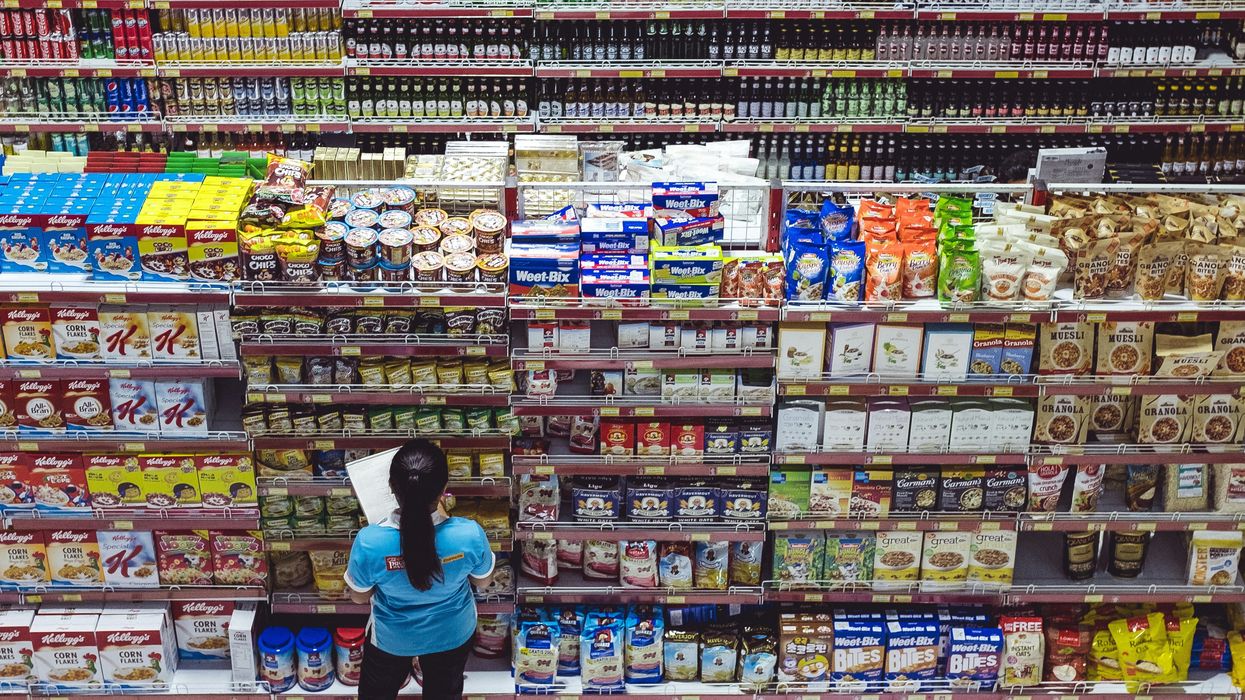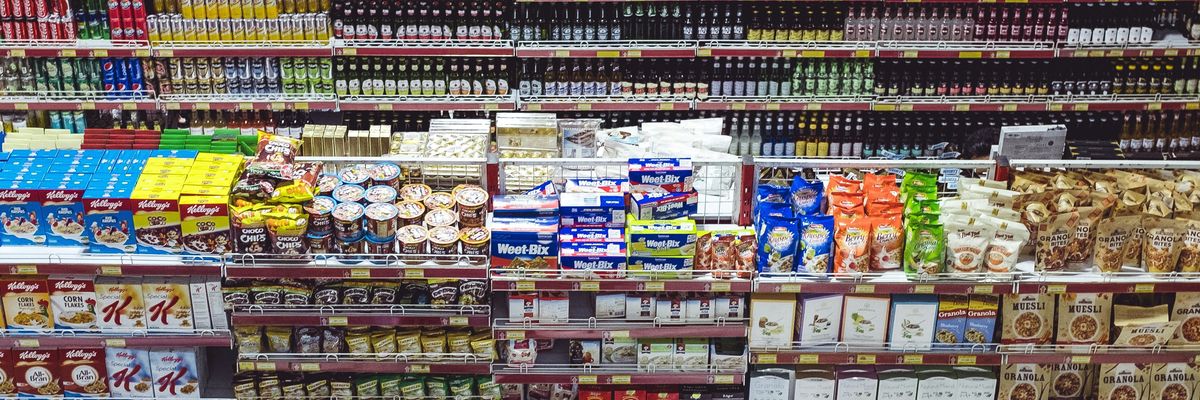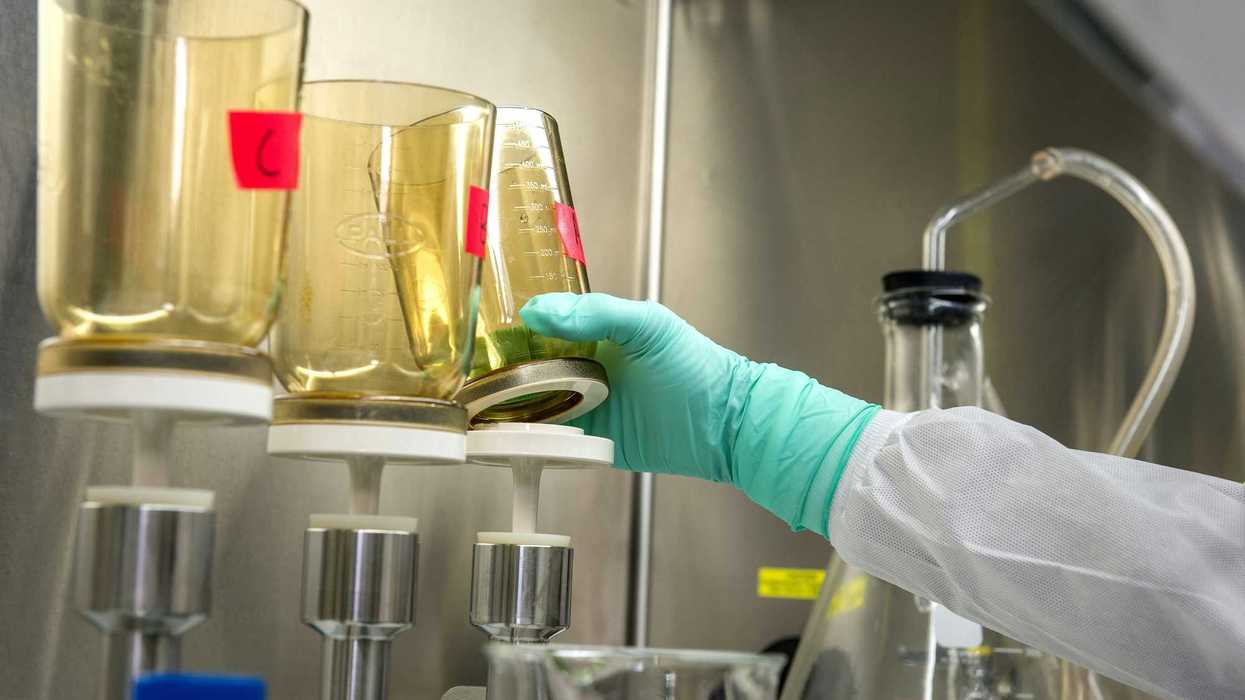A recent paper published in Globalization and Health explores the relationship between ultra-processed foods (UPFs), plastic packaging, and their combined threat to public health.
In short:
- Plastic packaging is critical to the business model of ultra-processed foods, with UPF producers like Coca Cola and Nestlé among the leading plastic polluters worldwide.
- The properties of UPFs - like acidity, high fat content and long storage times - increases the migration of plastic chemicals into food.
- UPFs also contain more microplastic contamination than minimally processed foods due to the plastic used in their manufacturing and packaging.
Key quote:
“Consumers do not have the power to solve a problem of this scale, and thus it is the responsibility of policymakers to ensure that transitions away from unhealthy, unsustainable foods are accompanied by structural measures that support demand and access to healthy foods.”
Why this matters:
Over a third of the plastics produced globally are used for packaging, with about 83% of flexible food packaging made from plastic. UPFs - which rely on plastics for their portioning and long shelf lives - have been consistently linked to negative health outcomes like cancer, respiratory, cardiovascular, and metabolic diseases, and even premature mortality. The authors of this paper emphasize the need for strong action from regulators to hold UPF producers accountable for the harm they cause.
Related EHN coverage: This paper is co-authored by Jerry Heindel, PhD, Director of Healthy Environment and Endocrine Disruptor Strategies (HEEDS) and one of Environmental Health Sciences’ senior scientists. See more from Jerry on chemicals’ metabolic impacts below:
- Opinion: Researchers and clinicians acknowledge the role of chemicals in spurring obesity
- Op-ed: The FDA needs to start protecting us from obesity-promoting food chemicals
More resources: The Food Packaging Forum, whose members also co-authored this study, provides independent publications and tools based on the latest science on food contact chemicals, including an interactive dashboard of the chemicals that have been detected in humans.
Yates, Joe et al. for Globalization and Health. Oct. 24, 2024

















